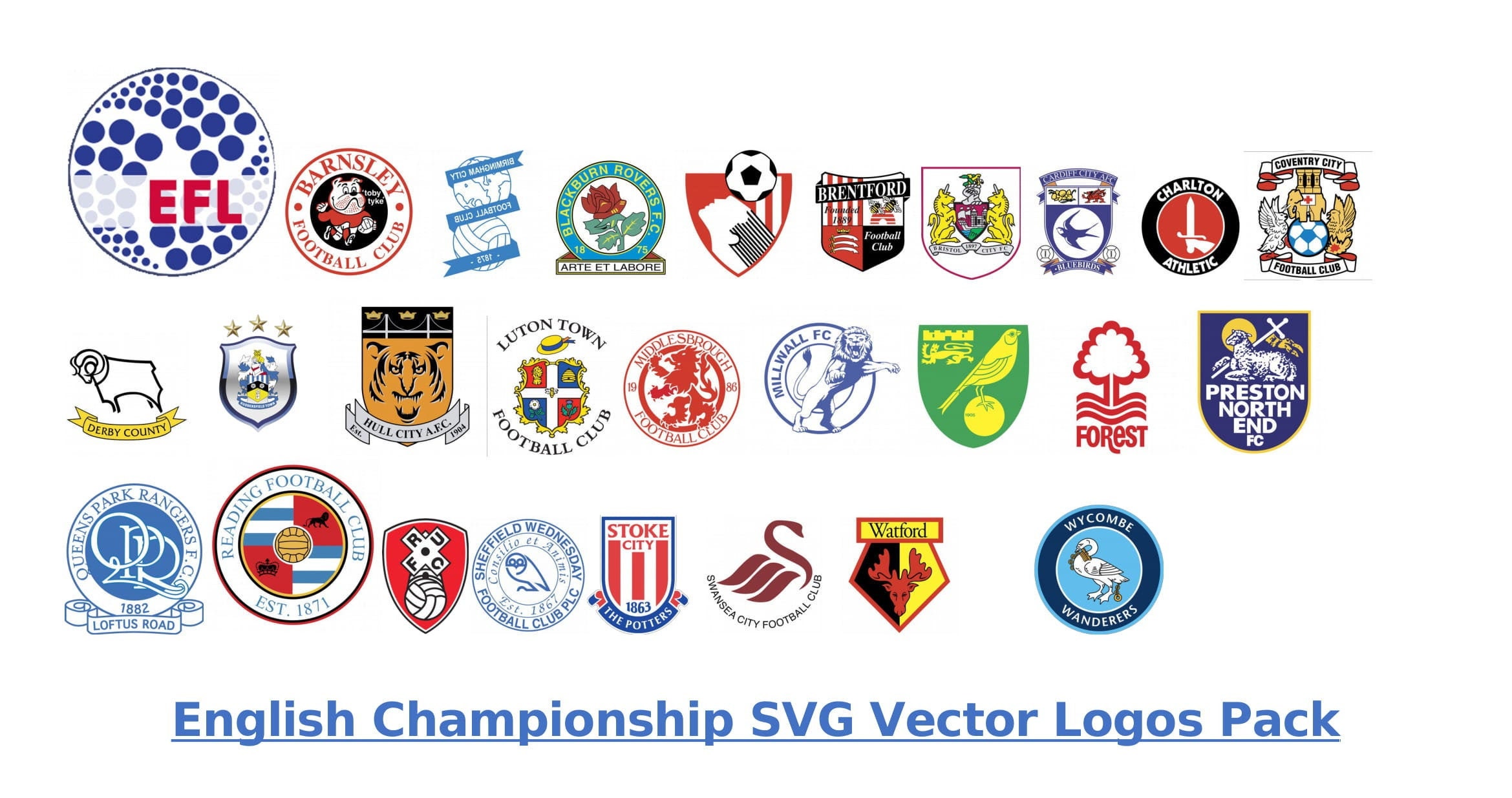FTC V. Meta: A Deep Dive Into The Antitrust Case

Table of Contents
The FTC's Accusations Against Meta
The FTC's complaint against Meta centers on allegations of monopolistic practices and anti-competitive behavior designed to maintain its dominance in the social networking market.
Monopolistic Practices in Social Networking
The FTC alleges Meta leveraged its market power to maintain its monopoly through anti-competitive acquisitions, particularly focusing on Instagram and WhatsApp. This strategy, according to the FTC, prevented the emergence of significant competitors and stifled innovation.
- Acquisition of Instagram: The FTC argues that acquiring Instagram, a burgeoning competitor, prevented a potential challenger from reaching its full potential and thus harming competition in the social networking landscape. This acquisition, they contend, allowed Meta to maintain its already dominant market share.
- Acquisition of WhatsApp: Similar arguments surround the acquisition of WhatsApp, a leading messaging app. The FTC claims this acquisition eliminated a potential threat and stifled innovation in the mobile messaging sector. The integration of WhatsApp into the Meta ecosystem, they argue, further cemented Meta's dominance.
- Leveraging Dominance to Suppress Competition: The FTC’s case also points to how Meta allegedly used its dominant market position to actively suppress competition. This included strategies to limit interoperability with other platforms and utilizing its vast data collection capabilities to gain an unfair competitive advantage. The sheer scale of Meta's user base, the FTC argues, allowed them to effectively shut out or neutralize potential rivals.
Anti-Competitive Practices to Maintain Market Power
Beyond acquisitions, the FTC accuses Meta of engaging in a range of anti-competitive practices to solidify its market position.
- Strategic Acquisitions: The FTC alleges that Meta's acquisition strategy wasn't about integrating complementary services but rather about eliminating potential rivals before they could pose a significant threat. This "buy-or-bury" strategy, the FTC claims, is anti-competitive.
- Data Collection Practices: The FTC also questions Meta's data collection practices, suggesting these practices give Meta an unfair competitive edge. The vast amount of user data collected allows for highly targeted advertising and other competitive advantages not available to smaller competitors.
- Restricting Interoperability: Limiting interoperability with rival platforms, the FTC argues, further strengthens Meta's grip on the market, making it harder for users to switch to alternative platforms.
Meta's Defense Strategy
Meta vigorously contests the FTC's allegations, employing a multifaceted defense strategy.
Arguments for Pro-Competitive Acquisitions
Meta argues that the acquisitions of Instagram and WhatsApp were, in fact, pro-competitive. They maintain that these integrations benefited consumers by creating a more seamless and integrated user experience.
- Improved User Experience: Meta highlights the integration of services, arguing it enhanced the user experience by offering a more unified and convenient platform.
- Increased Innovation: Meta contends that these acquisitions fueled innovation, leading to the development of new features and services that benefited users.
- Lack of Viable Competitive Threat: A key component of Meta’s defense is the argument that neither Instagram nor WhatsApp presented a viable competitive threat that would have significantly altered the market landscape had they remained independent.
Rebuttal of Anti-Competitive Claims
Meta directly refutes the FTC's claims of anti-competitive behavior, emphasizing its commitment to fair competition and innovation.
- Consumer Benefits: Meta points to the benefits its services offer consumers, highlighting features like free messaging and photo sharing, portraying itself as a force for good in the digital world.
- Market Definition Challenges: Meta challenges the FTC's market definition and analysis, arguing that the FTC's view of the market is too narrow and doesn't accurately reflect the competitive dynamics of the online social media landscape.
- Contradicting Evidence: Meta presents evidence that contradicts the FTC's accusations, aiming to demonstrate that its actions were not intended to, nor did they, stifle competition.
Potential Outcomes and Implications of the FTC v. Meta Antitrust Case
The potential outcomes of the FTC v. Meta Antitrust Case are significant and far-reaching.
Potential Remedies and Penalties
Depending on the court's ruling, several remedies and penalties are possible.
- Divestiture: The court could order Meta to divest itself of Instagram and/or WhatsApp, forcing the sale of these subsidiaries to restore competition.
- Behavioral Remedies: The court might impose behavioral remedies, restricting Meta's future business practices, such as acquisitions or data collection methods.
- Substantial Fines: Meta faces the possibility of substantial financial penalties.
These potential outcomes would dramatically impact Meta's market position and future acquisition strategies, setting precedents for other tech giants and influencing future antitrust litigation.
Wider Implications for the Tech Industry and Competition
The outcome of this case will have profound implications for the entire tech industry and its regulatory landscape.
- Increased Scrutiny of Mergers and Acquisitions: The case will likely increase the scrutiny applied to mergers and acquisitions in the tech sector, leading to more rigorous antitrust reviews.
- Stricter Regulations on Data Collection: The case could result in stricter regulations on data collection and usage, potentially limiting the advantages that large tech companies have.
- Influence on Future Innovation and Competition: The decision's impact on competition and innovation in the digital marketplace could significantly shape the future of the tech industry.
Conclusion
The FTC v. Meta Antitrust Case is a pivotal moment in the ongoing debate surrounding the power of large technology companies. The court's decision will have profound implications for the future of competition, innovation, and consumer protection in the digital age. Understanding the intricacies of this landmark case is crucial for anyone interested in the evolving landscape of antitrust law in the tech industry. Stay informed on the developments of this landmark FTC v. Meta Antitrust Case and its impact on the future of digital markets. The future of competition in the digital age hinges, in part, on the outcome of this crucial legal battle.

Featured Posts
-
 Efl Highlights A Comprehensive Review Of The Seasons Best Plays
May 13, 2025
Efl Highlights A Comprehensive Review Of The Seasons Best Plays
May 13, 2025 -
 Eva Longoria Debuts Drastic New Hairstyle Fans React
May 13, 2025
Eva Longoria Debuts Drastic New Hairstyle Fans React
May 13, 2025 -
 Eftertraedare Till Atalanta Traenaren Aktuella Uppgifter
May 13, 2025
Eftertraedare Till Atalanta Traenaren Aktuella Uppgifter
May 13, 2025 -
 Celebrating Community Earth Day May Day Parade And Junior League Gala Highlights
May 13, 2025
Celebrating Community Earth Day May Day Parade And Junior League Gala Highlights
May 13, 2025 -
 Spring Break With Kids Fun Engaging Activities And Travel Ideas
May 13, 2025
Spring Break With Kids Fun Engaging Activities And Travel Ideas
May 13, 2025
Latest Posts
-
 Americans Dominate Gauff And Stearns In Rome Quarterfinals
May 14, 2025
Americans Dominate Gauff And Stearns In Rome Quarterfinals
May 14, 2025 -
 Coco Gauff And Peyton Stearns Strong Showing In Rome
May 14, 2025
Coco Gauff And Peyton Stearns Strong Showing In Rome
May 14, 2025 -
 Rome Open American Players Gauff And Stearns Reach Quarterfinals
May 14, 2025
Rome Open American Players Gauff And Stearns Reach Quarterfinals
May 14, 2025 -
 New Nationality New Ranking Daria Kasatkinas Australian Tennis Start
May 14, 2025
New Nationality New Ranking Daria Kasatkinas Australian Tennis Start
May 14, 2025 -
 Coco Gauff And Peyton Stearns American Duo Triumphs In Rome
May 14, 2025
Coco Gauff And Peyton Stearns American Duo Triumphs In Rome
May 14, 2025
